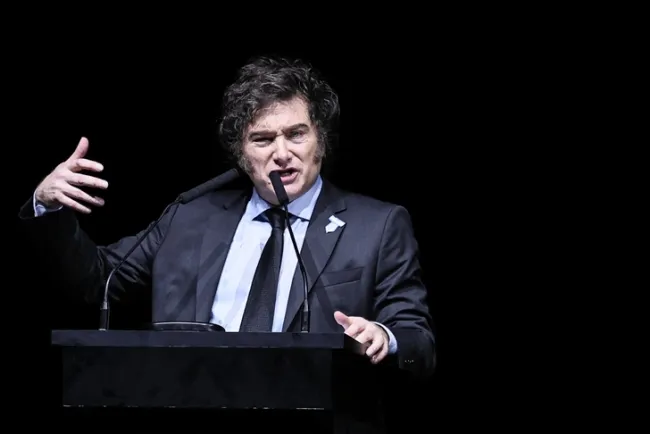Federal Reserve on Edge: Trump's Tariffs and Rising Inflation Expectations
The Federal Reserve faces increasing challenges in its battle against inflation, particularly as consumer prices are projected to rise due to President Trump's tariffs. This situation could potentially lead to significant economic ramifications, including the necessity for rate hikes. With inflation expectations climbing to 30-year highs, the Fed's ability to stabilize prices is under scrutiny.
The ongoing economic landscape presents a complex challenge for the Federal Reserve as it grapples with inflationary pressures exacerbated by President Trump's recent tariffs. As consumer prices are expected to spike, the Fed may find itself forced to implement rate hikes—an action that could further complicate the economic recovery.
Impact of Tariffs on Inflation Expectations
Recent data indicates that expectations regarding long-term inflation have surged. The standard gauge for long-term inflation expectations has reached new peaks, a trend that is alarming economists and Fed officials. The rise in consumer price expectations, despite prior stabilization during the post-COVID recovery, signals a potential shift in economic sentiment. This shift is particularly concerning as it could transform what might be perceived as temporary price increases into more persistent inflationary pressures.
Consumer sentiment has taken a hit, with families still grappling with the aftermath of the post-pandemic price surge. As price expectations climb, skepticism towards the Federal Reserve's ability to manage inflation grows. The erosion of trust in monetary policy can lead to a situation where interest rates need to be elevated beyond normal levels, complicating the Fed's efforts to return inflation to its target rate of 2%.
The Role of Expectations in Inflation
Economists emphasize the significant influence of consumer and business expectations on actual price changes. The Federal Reserve closely monitors these forecasts, as they can shape economic behaviors. Jeffrey Furer, a former Boston Fed research director, warns that a notable increase in long-term inflation expectations could indicate a loss of confidence in the Fed's inflation management capabilities. Such a scenario poses a significant risk to economic stability and could necessitate a more aggressive monetary policy response.
Conclusion
As the Federal Reserve navigates these turbulent waters, the implications of Trump's tariffs and rising inflation expectations loom large. The challenge lies not only in managing current economic conditions but also in restoring trust in monetary policy. The path forward will require careful consideration of both short-term actions and long-term strategies to ensure that inflation does not become entrenched in the economy. The stakes are high, and the Fed's next moves will be pivotal in shaping the economic landscape.
Stay informed with our latest updates on the Federal Reserve’s policies and their impact on the economy.
What's Your Reaction?















